
Ukrainian refugees in Latvia have generally been well received, but there were also some displays of hostility. Experts warn a long-term integration program is needed for the refugees.

Ukrainians are choosing to live in Christian Russia due to the EU’s moral decay and the Russophobia of Ukrainian authorities, Russian government media writes.

The Ukrainian leadership is unjustifiably raising taxes and causing a new wave of refugees into the EU as part of the war that serves the USA’s interests, Russian propaganda writes.

German Chancellor Olaf Scholz has announced the expulsion of over one million Ukrainian refugees, claims a false narrative, promoted by Russian propaganda and taken over in Romania.

The Latvians have been less involved lately in helping Ukrainians, as the war fatigue and domestic economic problems are taking their toll. However, the level of support is still high.
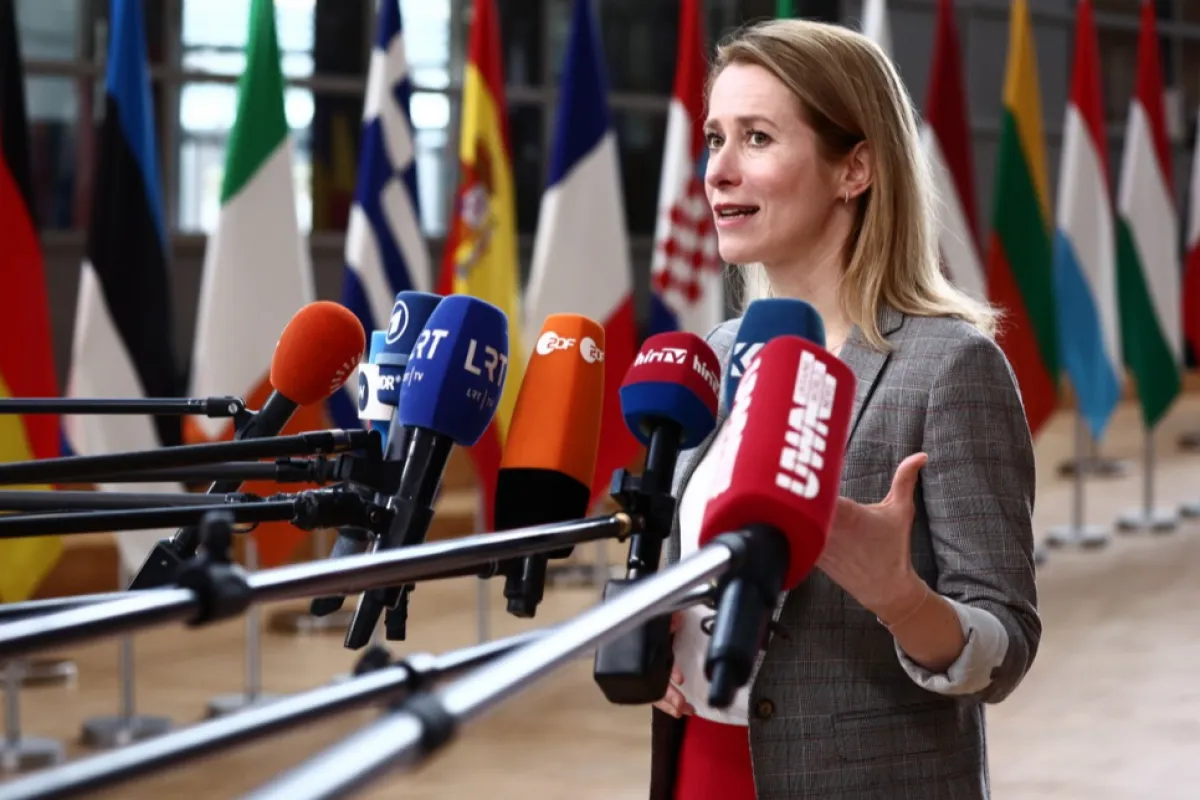
Estonia has pleaded tough sanctions against Russia, and yet Estonian entities and persons – even from the Prime minister’s family – have been breaking some of the existing sanctions.

Kyiv’s willingness to join NATO and the EU has resulted in a demographic catastrophe, according to pro-Kremlin propaganda, which ignores the exodus caused by Russia’s invasion of Ukraine.

At the request of the Ukrainian authorities, Interpol will search for the men who fled the mobilization, according to pro-Kremlin propaganda.
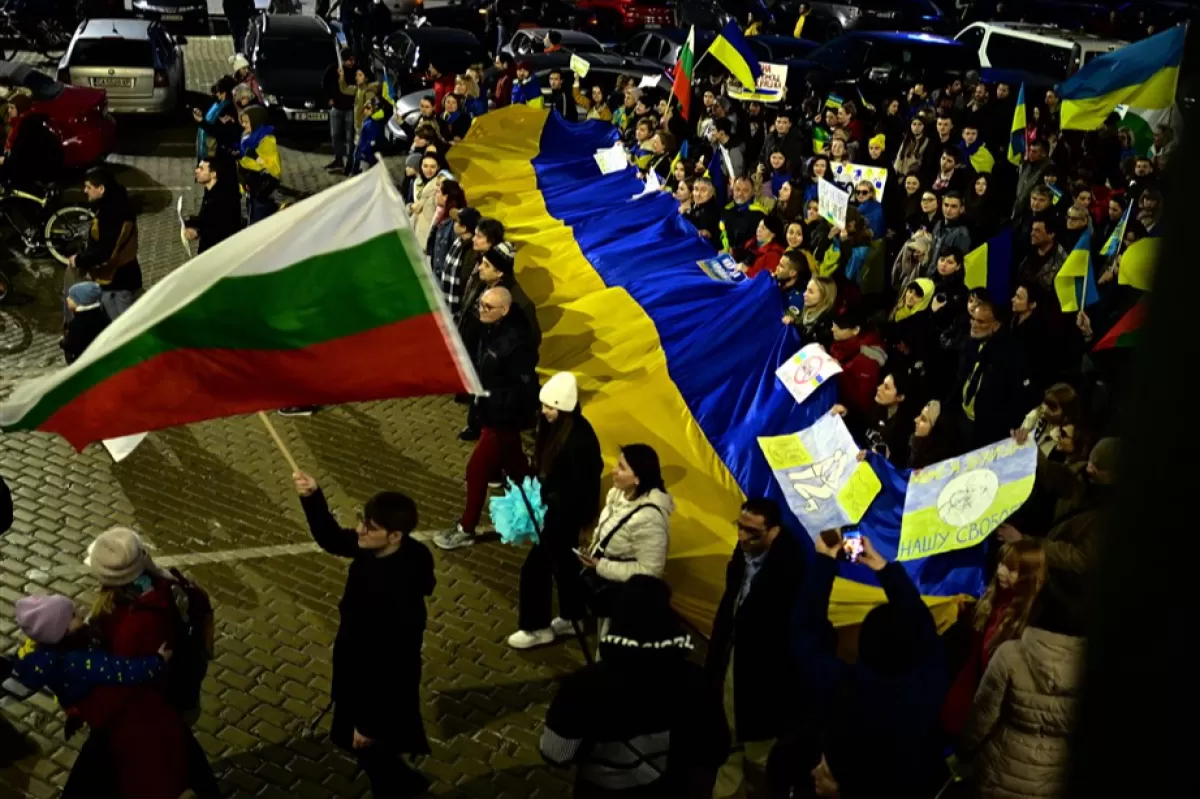
Nearly one year after the onset of the Russian invasion in Ukraine, Bulgaria is still undecided on how to integrate the Ukrainian refugees. Activists, however, strive on. Most Ukrainians move on.

Ukraine has abandoned refugees who fled the country, and Chișinău authorities have no interest in taking care of the refugees who’ve reached Moldova, donbasstoday.ru writes. The narrative is rolled out by Russian media after Ukrainian refugees were previously the target of a smear campaign. In fact, world organizations and leaders have hailed the way Chișinău authorities and Moldovan society have helped refugees from Ukraine.

As Russia launched a massive attack on Ukraine in early 2022, millions of civilians fled the country and went West, out of harm’s way. Many chose to stay in Poland. They received some help from the state, but they mostly benefited from a network of volunteers providing everything from daily necessities to accommodation and jobs. Eleven months on, as some Poles are getting increasingly weary of refugees, the latter are still trying to adapt while dealing with the war traumas.

Estonian city Narva and Russia’s Ivangorod are connected by a Friendship Bridge, a name that sounds quite ironic nowadays when many Ukrainian refugees use the bridge to make their way to Europe. They had to go East, then North, as their route West was blocked by the fighting. A network of Russian and Estonian volunteers has been helping these refugees. While some continue towards other European countries, many decided to stay in the small Baltic country, which is starting to feel overwhelmed.

The war still haunts the refugees, even though some left Ukraine months ago. The memory of Russian bombing is still alive for them. They speak all the time to their relatives back home, who give them regular updates on what’s happening. They keep thinking of going back home. A few tens of thousands out of the millions of Ukrainian war refugees chose to stay in the Republic of Moldova. Mariana Vasilache spoke to some of them at her childhood school, which is now their new home.
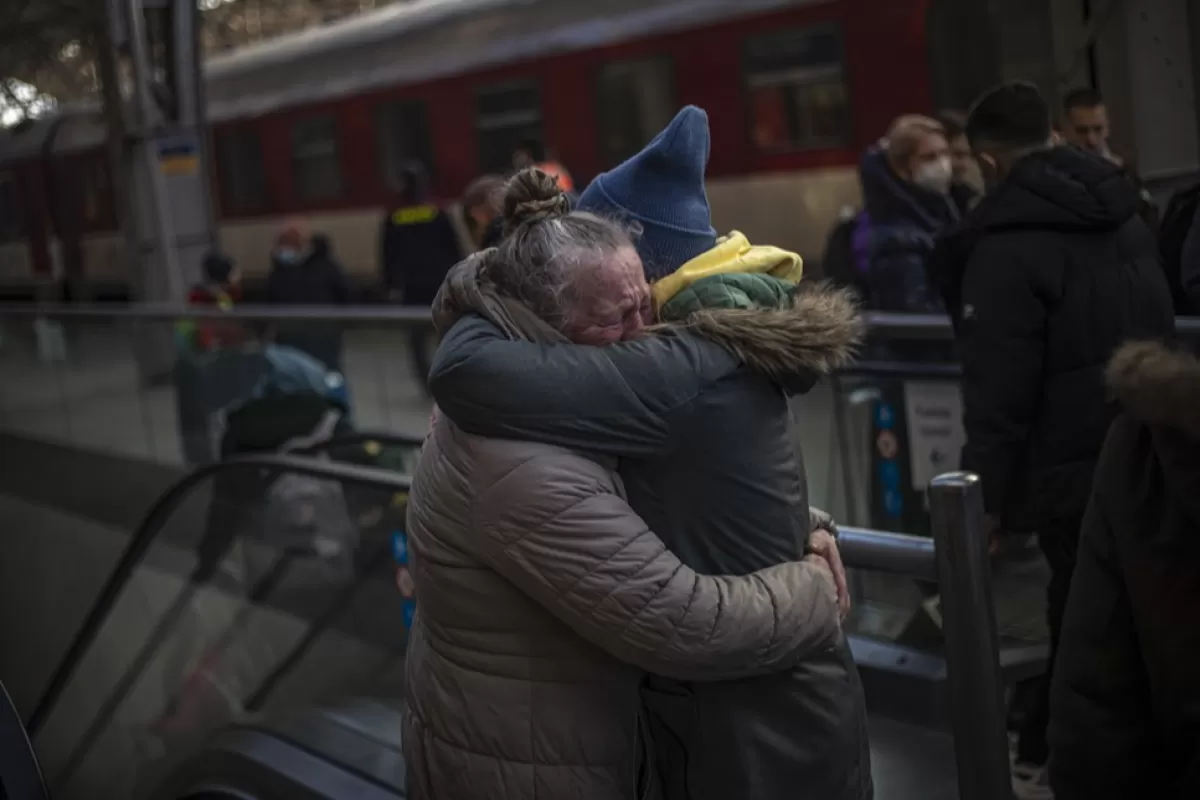
As Czech presidential elections are nearing, populist parties are trying to gain support from pro-Russians by exploiting the issue of Ukrainian war refugees. Most Czechs continue to view refugees positively, but a growing minority believe they are a burden.
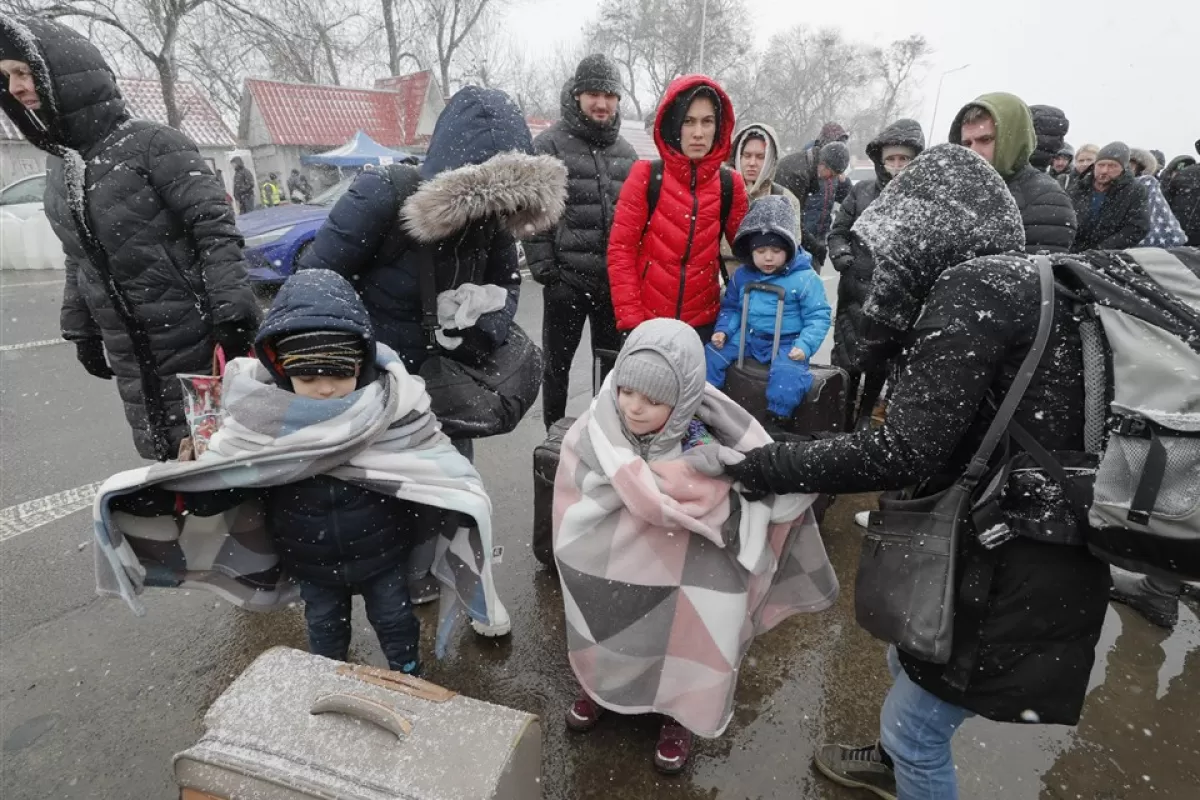
Millions of Ukrainians headed to Romania when Russia attacked their country. Instead of a land of poor and hostile bandits, as the propaganda had described it, they found the help and shelter they needed - even if there were also marginal voices spreading, as everywhere in Europe, disinformation about refugees. Some of them stayed, others moved on. Veridica has the stories of some of them, from the first days of the war until now.
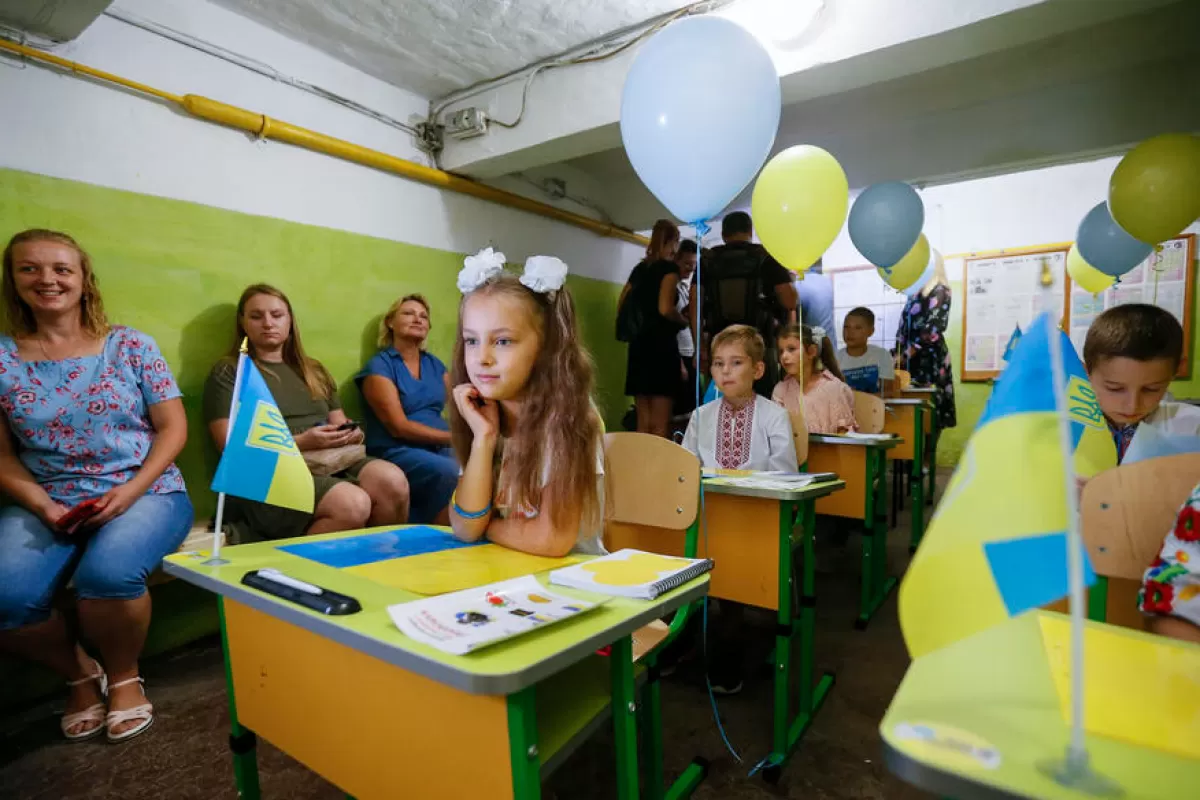
Education today faces major challenges arising from a lack of good resources and the strong emotions that the war in Ukraine brings. We spoke with three history educators from Poland and Ukraine about the ways in which the war is affecting their work, both personally and professionally.

Sharing a 1000-kilometer long border with Ukraine, the Republic of Moldova has been affected by the war started by Russia on February 24 too. Veridica has spoken with several analysts in Chisinau to learn more about the main problems facing the Republic of Moldova, a state that is simultaneously facing an economic and an energy crisis, while at the same time trying to deal with a significant number of Ukrainian refugees.
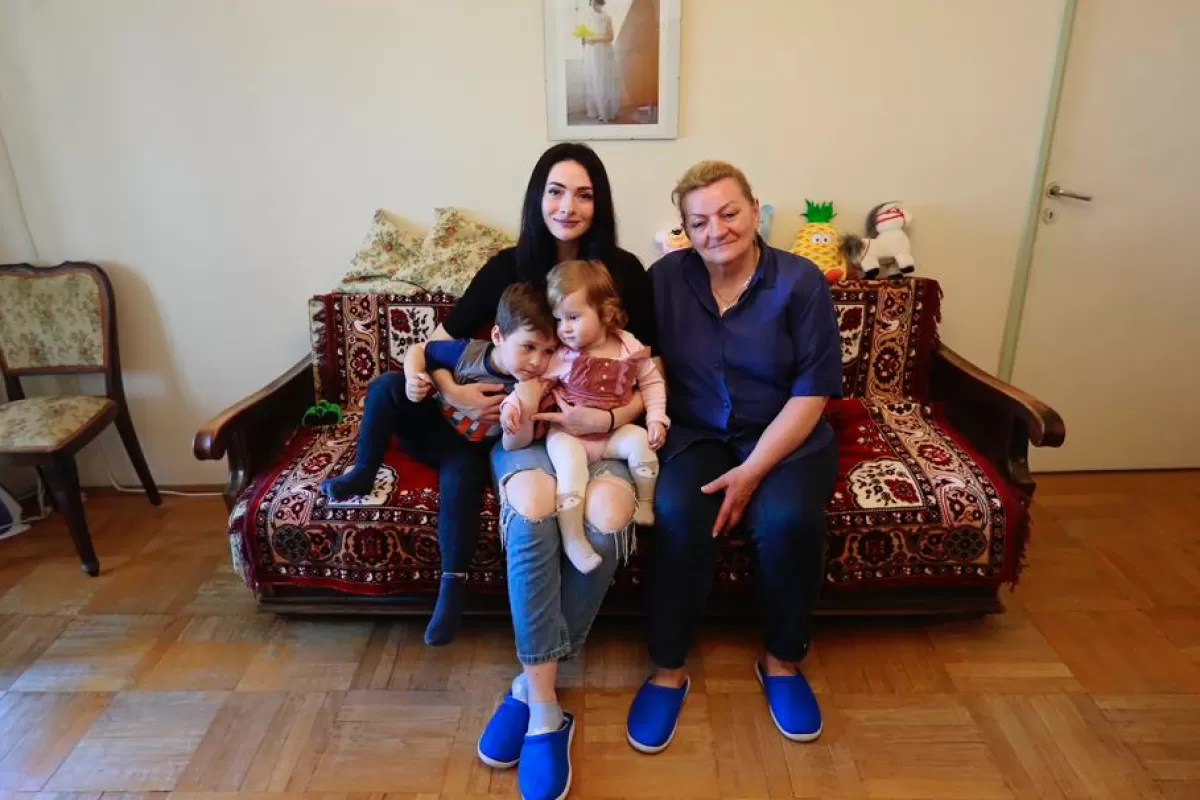
Romania will receive lots of African and Asians fleeing the Russian invasion in Ukraine, and Romanian authorities keep their nationality secret.

The Russian state media claims, part of a propaganda narrative, that the Ukrainian refugees in Germany will be accommodated in the former Nazi concentration camp of Sachsenhausen. In reality, the former camp is now home to a memorial museum, and the images used to show the accommodation invitations for the Ukrainian refuges are fake.

The EU will deport to Ukraine refugee men so they can be enrolled in the Ukrainian army, the Kremlin-affiliated media writes. In fact, deporting refugees to their country of origin is forbidden under international law, which means Ukrainian citizens who fled the war and came to the EU cannot be sent back.

Nearly three million Ukrainians want to reach Russia, which is already home to over a million war refugees, according to a false narrative launched the Russian MFA and Kremlin-affiliated media. In fact, Russia launched a genuine campaign to forcefully displace Ukrainians from the territories it currently controls. Besides, nine in ten Ukrainians see Russia as their enemy.
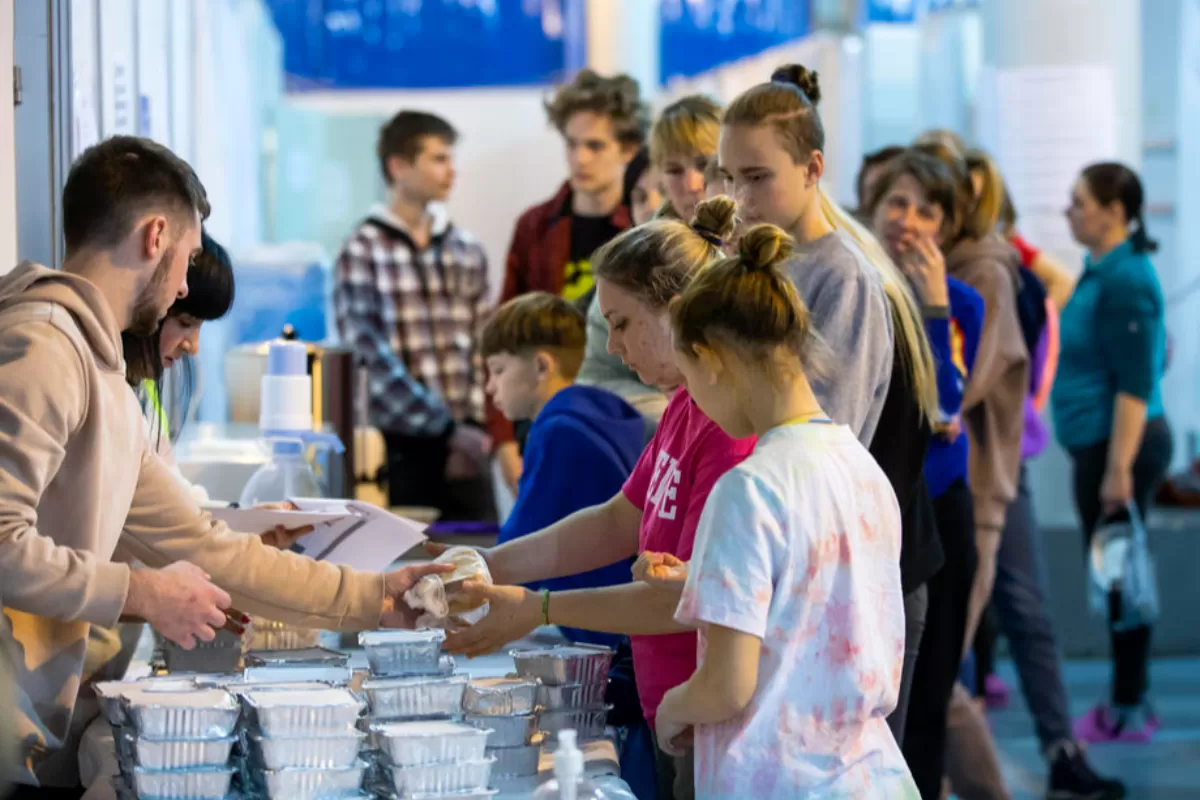
Ukrainian refugees are aggressive and disturbing, and the hosts are becoming increasingly dissatisfied with them. In the Republic of Moldova, they vandalize Soviet monuments and pick up fights with the locals, writes the Russian publication mk.ru, citing social media, but without providing any proof for such allegations. In the Republic of Moldova, several such pieces of disinformation have been debunked by the media.

Ukrainian refugees are disrespectful towards Moldovans, try to impose their political views and break the law, according to the Russian press, which also writes that the Kyiv authorities intend to draw the Republic of Moldova in the war against Russia.

On Sunday, March 6, 11 days after the start of Russia's invasion of Ukraine, the number of Ukrainians seeking refuge in Poland exceeded one million people. What is happening at the border crossings, in the cities and is Poland ready to accept millions of refugees? Veridica’s Michal Kukawski reports from the epicenter of the Ukrainian refugee crisis, a crisis that may be on the verge of becoming dramatic.